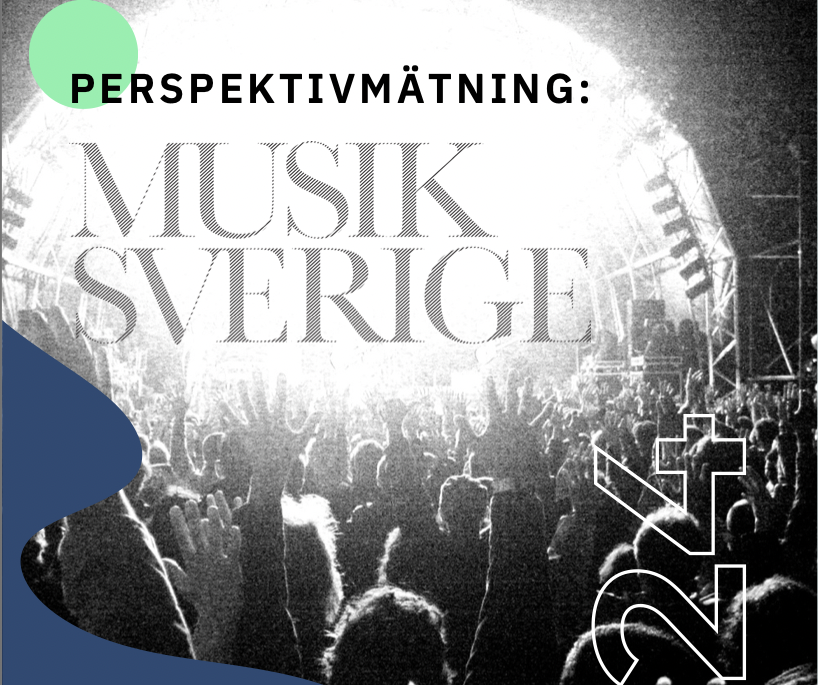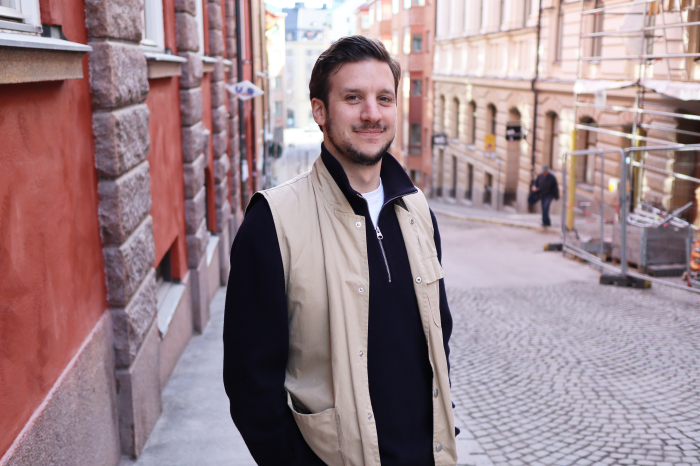Mängder av musikrelaterade bolag har dragit sig ur Ryssland i samband med Ukraina-kriget. Men hur är läget för de ryska musikentreprenörer som fortfarande verkar i landet? MI pratade med en VD för en rysk independentlabel, som med risk för repressalier väljer att genomföra intervjun anonymt.
För några månader sedan kom jag i kontakt med en VD som driver ett independent skivbolag i Ryssland. Vi har mailat fram och tillbaka, och till slut kom vi fram till att en intervju på MI skulle kunna vara en bra sak, för att beskriva hur situationen är för musikbranschen där just nu, för att ge lite perspektiv till alla oss branschmänniskor i Sverige.
Hen gick med på det, men betonade samtidigt hur viktigt det var att under inga som helst omständigheter avslöja någonting om vem hen är, eller vad bolaget heter, ”for me and my colleagues safety”.
How is the situation for you right now?
– At the moment I am actually not in Russia. I have a lot of contact with my fellow colleagues and friends at home, many of them have fled to other countries, but most of them are still remaining. Many also have family and friends in Ukraine that have been forced to leave the country, of course for much worse reasons than for myself.
– At the moment we are working on a new album release together with a Russian artist, which for several reasons are quite controversial. I am trying to get a grip on how to make this release to the public, without people getting arrested in Russia, or myself becoming ”undesirable” for the government. Many artists that protest get branded ”foreign agents” which enables the government to be, let’s say ”very invasive”…
How is the situation for the Russian music industry in general?
– Many arrangers and artists have had their gigs cancelled for different reasons, often just a day before the gig, police coming to the scene, among other things. This has led to a shattered live scene with big economic problems for artists, as well as disappointment and frustration among fans.
– The larger streaming services have left, as well as major labels, which has led to a big decrease in output. And while the local streaming services, VK, Yandex Music and others have seen an increase in users, it’s estimated that total music subscribers have decreased about 35%, last time I checked. So with gigs cancelled, majors (with good finances) leaving, and subscribers decreasing, the situation in pure economic terms is, well, less than satisfying.
– Initiatives like I-M-I (ИМИ, a free source of info on how to best act in the music business, market music, connecting different parts of the business and providing a lot of support for artists, labels, and industry) have also died off.
Have you seen any changes to what music that is being released now compared to before the war?
– Not really, of course a lot of artists have spoken up against the ”special operation” and have lost both opportunities and audience. But they still release music, and both the ones supporting, and the ones against, released music that somehow touches upon the war. It’s more a matter of what gets seen or not.
How are Russians mainly consuming music right now?
– While some have turned to pirating again, most are consuming music via streaming or radio. Spotify was really beloved here, if I remember correct it was Spotify’s most successful launch in a new market ever, and that was noticed.
– I know many people asking friends from abroad to pay for their Spotify subscriptions, or find intricate schemes on how to pay for an Indian subscription, just to still be able to use Spotify. But now of course the Russian services mentioned earlier dominate. YouTube is also important, but rumours are that they will be blocked from Runet.
What can foreign music companies and organisations, for example the Swedish music industry, do to help the situation, in both Russia and Ukraine?
– Well, with the risk of sounding bitter, one could start to not block out everyone and everything that has to do with Russia. While it’s understandable that people want to take a stance, it’s also breaking efforts from people trying their best to do something about it all.
– This might be naïve, but one big thing you could do, for both Ukraine and Russian music business is to get interested in the culture produced. I get that the language barrier is a problem, but a lot of good music is coming out from slavic countries, from Ukraine could be mentioned Ivan Dorn and from Russia could be mentioned Manizha or Monetotchka.
– Regardless of Soviet, imperial or the oppression today, people from our part of the world have produced many of the best and deepest cultural works known. There are incredibly many brave and smart people in culture in our nations, they just sometimes lack the same opportunities and support as you have.
What do you think will happen in the future?
– We are struggling, but we believe in a better future for Russia and for Ukraine. One day the people that are in power are going to disappear and be replaced by others. We all want to go home, even if ”home” is not the same home as it once was.
– I want to go home, but probably not before it is possible to build something new. Until then we will all do what we can. I can’t stop believe in a better future. But there is a time for everything, right now it is this war, but there will also come a time for peace. Let us just hope that the former will become short, and the latter will become long.

















